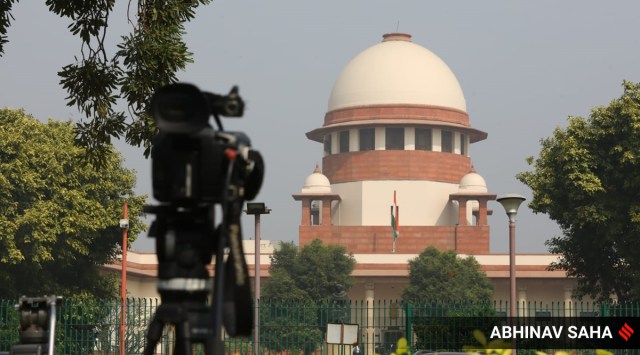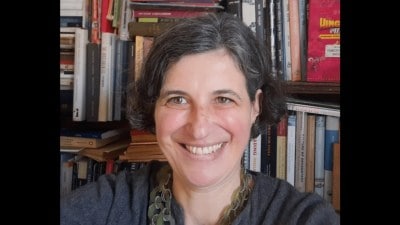Seizure of journalist’s devices very serious, come up with better guidelines: SC to Govt
The bench was hearing a plea by the Foundation for Media Professionals seeking safeguards against what it called unnecessary interference by investigation agencies
 The bench said it will give the government time and “you must analyse what kind of guidelines are necessary to protect these. (Express photo by Abhinav Saha)
The bench said it will give the government time and “you must analyse what kind of guidelines are necessary to protect these. (Express photo by Abhinav Saha) Underlining that privacy has been held to be a fundamental right, the Supreme Court told the Centre Tuesday to come up with “better guidelines” regarding seizure of devices of journalists.
It said it finds it “very difficult to accept” the “all-within power” that investigation agencies have, and called it “very, very dangerous”.
On the seizure of devices, Justice S K Kaul, presiding over a bench that also included Justice Sudhanshu Dhulia, told Additional Solicitor General S V Raju: “It’s a serious matter. These are media professionals who will have their own sources and other things. There must be some guidelines. If you take everything away, there’s a problem. You must ensure that there are some guidelines.”
The bench was hearing a plea by the Foundation for Media Professionals seeking safeguards against what it called unnecessary interference by investigation agencies, and laying down comprehensive guidelines for search and seizure of digital devices.
Appearing for the Foundation, Senior Advocate Siddharth Agarwal said that as of now, there are no guidelines regarding when and what may be seized, what can be accessed, what kind of protection is ensured for personal data.
He said that once an investigation agency gets involved, the person from whom the digital devices are taken cannot even expect to have a back-up.
Raju said the matter involved complicated legal issues and that he will need time to examine those.
The ASG said suppose there is incriminating material in a mobile phone, while the investigation agency cannot disclose the data to a third person, “the investigative agency will have to go through that entire record and find out one small bit which is relevant for the purpose of investigation, relevant for prosecuting somebody… you can’t shut me off totally, completely”. He said the prayer of the petitioner was to do that.
But Justice Kaul said, “I find it very difficult to accept that some kind of an all-within power that the agencies have. This is very, very dangerous actually… You must have better guidelines. Court has to do it, will do it, no difficulty. I think it is time you people do it yourself. My view is you must do it yourself to see that it is not misused. It can’t be a state only which runs through agencies.”
The bench said it will give the government time and “you must analyse what kind of guidelines are necessary to protect these. To some extent, it cannot be adversarial in that sense”.
Agarwal said “this is not about individual dispensations” but “about state power versus an individual’s privilege”.
Pointing out that there is a right to privacy, he said “today investigative agencies force me to provide a password or a biometric, would not otherwise be allowed under compelled test in terms of Article 20”.
He said there are issues to be considered and “even today this is being used by all political dispensations”.
Justice Kaul said the problem is “one dispensation teaches the other”.
Agarwal said “from the media perspective, we are the common enemy to everybody because truth is something that comes through us”.
Raju said that while the media has rights, “they are not above the law”.
Agawal said, “We only want the law to be laid down”.
Another counsel appearing for the petitioners said that “some of those whose devices have been taken, pursuant to that people have been unable to pay the school fees of their children. They have had very private photographs. So privacy is also an angle that has to be considered… It’s endless. We don’t know if it’s two days or two weeks”.
Justice Kaul said the court had already made privacy a fundamental right and asked the ASG to come back to it with his suggestions.
The matter will be heard next on December 6.







